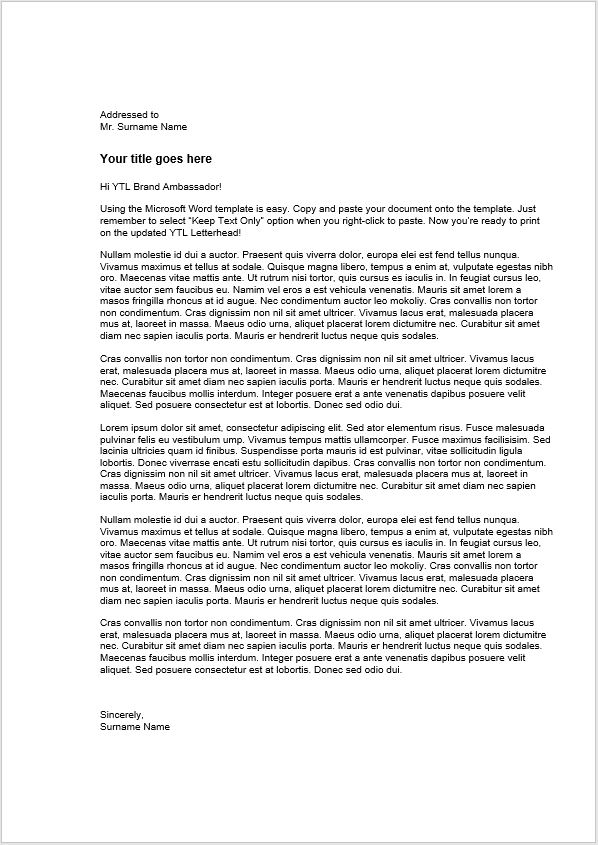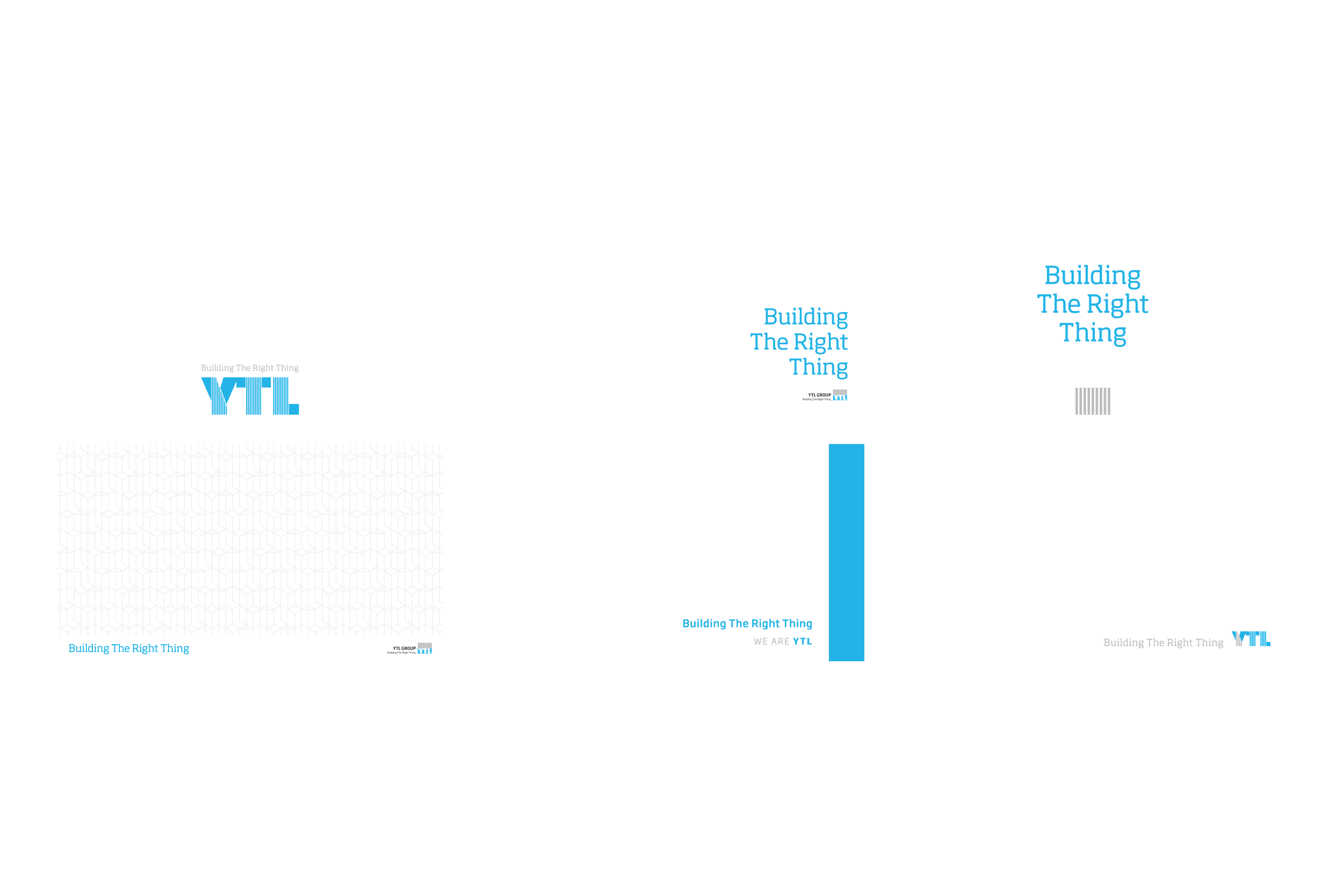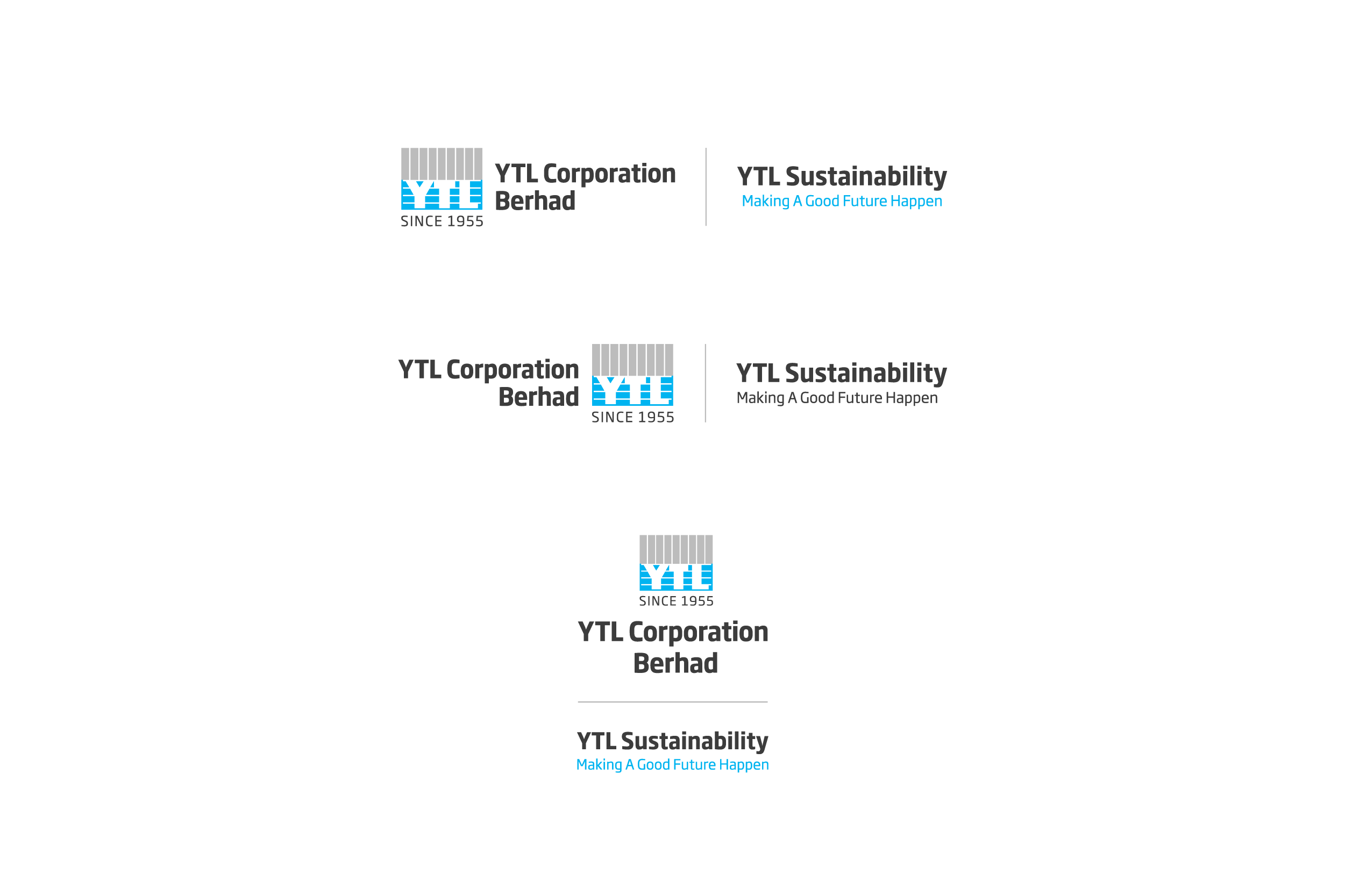by Anishametra Saravanan
Everybody makes mistakes. Messing up isn’t a sign that you’re a bad human or that you aren’t skilled at your profession. Even leaders, bosses, and managers make mistakes— what matters is how to move forward, and that starts with an apology. While it may seem daunting at first, it lets your coworkers understand that you’re coming from a sincere, genuine place — and that takes some serious communication skill! So, without further ado, here are the 5 ingredients to a good professional apology:
1. Express regret
Firstly, express your regret based on what happened. Whether the mistake occurred due to lack of communication, poor execution, or a failure in judgment, the other party needs to understand that you’re not happy with the outcome, either.
Example: “I’m so sorry I was late for the meeting. This was a terrible day for that to happen, and I know how important this client relationship is to our team.”
2. Explain how the mistake occurred
Give some brief context for what happened but keep it neutral! This isn’t the time to make it about yourself or offer a list of excuses.
Example: “My alarm didn’t go off and I woke up late, which meant I didn’t leave early enough to account for traffic.”
3. Take responsibility
You’re only human. Unless you work at a nuclear power plant, it’s probably not the end of the world. All you can do now is own up to the mistake.
Example: “I had a few chances to prevent this from happening, and I failed at them. I should have had a back-up plan, like setting a second alarm or leaving the house earlier to ensure I would be on time for the meeting.”
4. Suggest concrete action
What happens after the apology? You can share how you aim to repair the situation. Then, verify that your colleagues agree with your proposed course of action.
Example: “I think it would be a good idea for me to book a quick follow-up with the client to re-share all my main points and catch up on anything I missed. If that sounds good to you, I can reach out right now.”
5. Ask for forgiveness
Close out your apology by visualising a way to move forward. Emphasise that you care about your relationship with the other party and repairing it is your priority.
Example: “I hope you’ll forgive my mistake so we can move forward without compromising our good working relationship.”

Mastering the art of professional apologies is a crucial skill in the workplace. By following these 5 key points, you can navigate through challenging situations with grace and integrity. However, it’s essential to remember that apologies must always be sincere and accompanied by a genuine commitment to behavioural change. Moreover, time is of the essence when it comes to making amends, as delaying an apology can further strain relationships and undermine trust. Ultimately, a well-executed apology will not only mend your fractured relationships but also pave the way for your personal growth and professional development.
Source:
Trello







